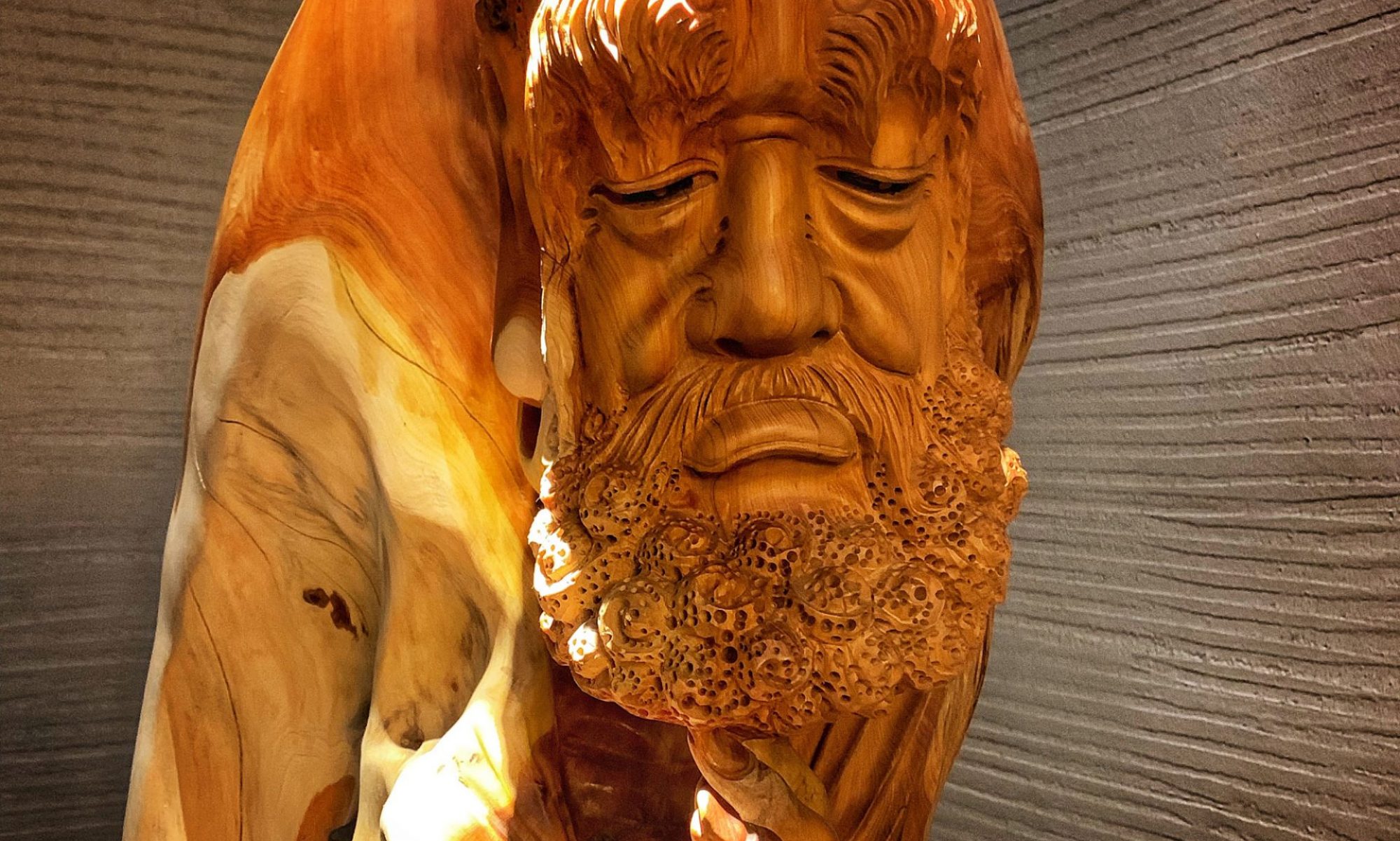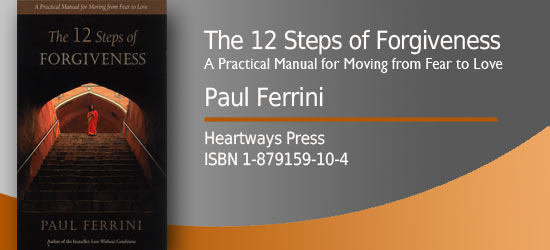
Upon reading Paul Ferrini’s article on Inner Authority, it came to my realization that a major number of upsets that I have each day; projected mainly upon someone or something else, other than myself; has much to do with my non inner authority.
Within a day I was able to see how much integrity I actually have in myself; for example, my day with my spouse. It started in the morning where I wanted to have some time for myself and I did not voice it out to Lai Fun. Instead, I had this defensive mentality that all I wanted was free space – all for myself. Obviously when I am defensive, I am already preparing for an attack, albeit an unconscious one; even if the request that came at any moment in time could be as trivial as answering a phone call. When I do not express what I need, or be an authority to my inner intention but instead defend myself, I am already in a state of dis-ease; and surely, any trigger, irrelevant whether it is essential or not, is enough to make me see anyone, or even anything, as wrong. I was never at peace and I saw the mind being in constant lookout to either defend or attack anyone who “robs my time”. And I could see how the mind grumbled and used my spouse as a scapegoat for blaming, for taking up “my precious time”. How on earth would she had known what was it that I wanted?
Of course, if I was loving and had the attitude of give and take, such upset would not have arisen in the first place – but wait-a-minute, let me be clear – have I been an incessant pleaser and giver, instead of a balanced player of receiving and giving? The question here is not about compromising, which is very often being played out by so-called “loving” couples – in fact, it is because of compromising that we are always in feud with our partners; irrespective whether it is spoken or, in silence. One obvious sign is to observe the communication between couples – are we still in loving talking terms or are we merely silent throughout the day; though silence is still a form of communication – though passive in nature? I remember a friend who once mentioned about his relationship with his spouse – “we seldom talk, and everything is fine” until he embarked on his own self healing journey. There is so much deceit we have upon ourselves, learnt from a culture, carried forward from an unquestioned societal norm that we are unaware of.
I can’t live for others except to be true to myself. At each moment, I am called to vocalize my needs and each expression is a form of verbalizing my inner authority, particular if it has to involve another. If I am to express myself as a way to defend my needs, I am no longer standing in my own space of authority but authorizing others. My expression of defense may be in a form of subtle attack, by trying to control others in giving out fear. By doing so, I am not trusting that a consistent loving expression is my stand of integrity. I am afraid of being moved by others’ view, not truly seeing that it is actually my weakness in standing up for my needs – and to curb that, I use fear as a hasty way of to convey my needs so that I need not face my shortcomings. Doing so weakens my own inner authority further.
Even with my needs, I am invited to question them further. Is my need based on fear, which in reality is a ‘want’ in disguised? When there is a “wanting” I am already projecting a lack in me which is another façade of fear. When I want something, am I trying to control a situation to get what I desire? If such is the case, I am already expressing authority over others, short changing myself in the process. It is pretty tricky as I keep balancing myself between inner authority; either over or under-extending myself by being an authority for others or having no authority for myself.
There is only one thing that is clear – so long as I am upset, I can be sure I have sold my soul away, so to speak. I am not honest with myself.


